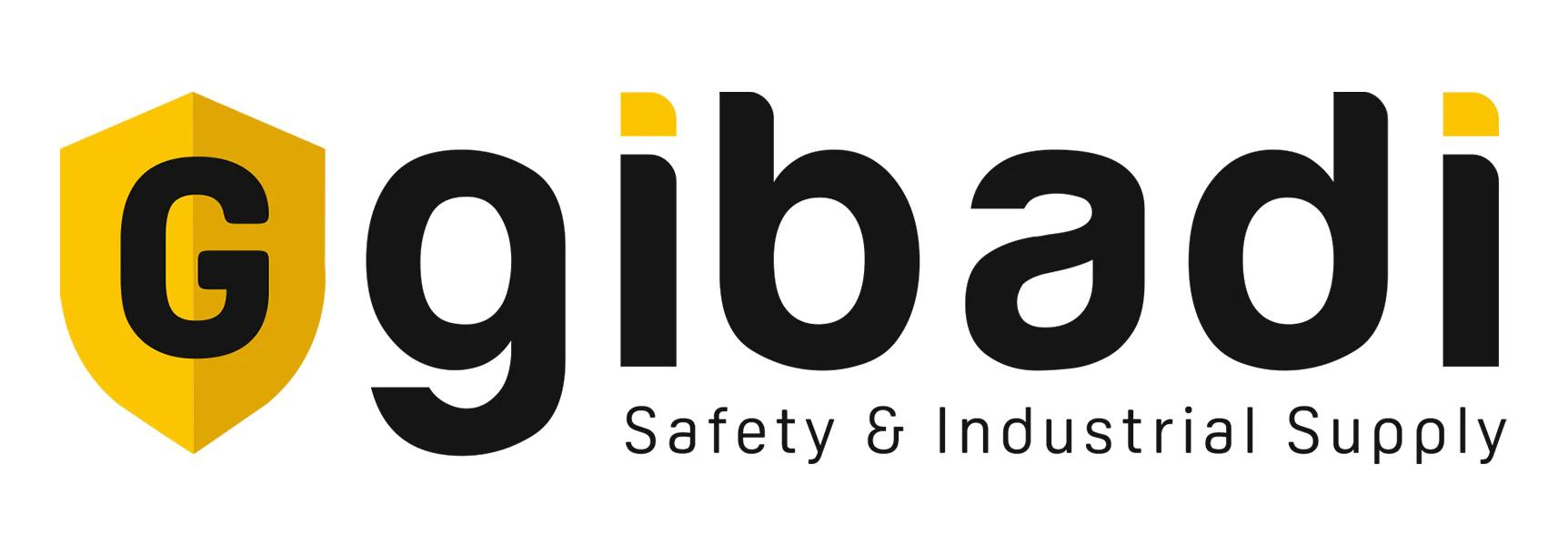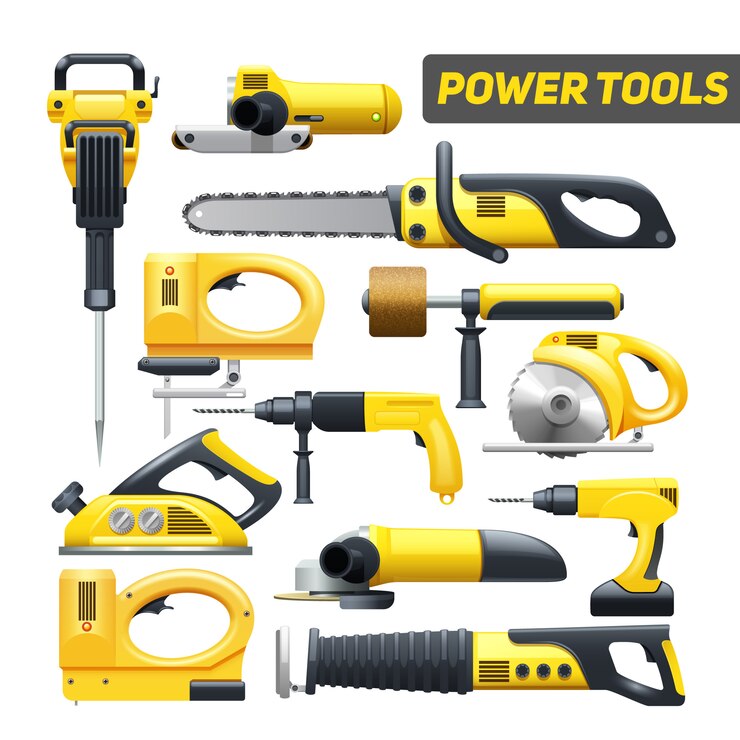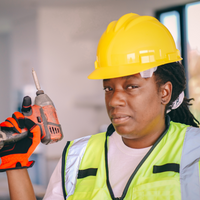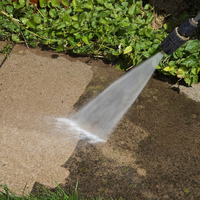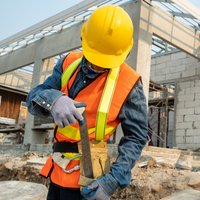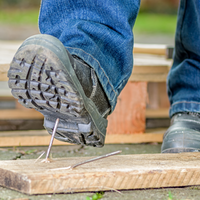Power tools are essential for any industrial or DIY project, but they can also be a source of frustration, waste, and danger if you don’t buy them wisely. In this blog post, we will share some common pitfalls to avoid when buying power tools, and how to choose the best ones for your needs.
Pitfall #1: Buying cheap or low-quality power tools
One of the biggest mistakes you can make when buying power tools is to go for the cheapest or lowest quality option. Cheap or low-quality power tools may seem like a bargain, but they often have poor performance, durability, safety, and warranty. They may break down easily, malfunction, overheat, or cause injuries. They may also have limited features, accessories, and compatibility with other tools. You may end up spending more money on repairs, replacements, or upgrades than you would have if you bought a better quality power tool in the first place.
How to avoid it:
Buy power tools from reputable brands and sellers, such as GIBADI, that offer high-quality products, competitive prices, and excellent customer service. Look for power tools that have good reviews, ratings, and feedback from other users. Check the specifications, features, and warranty of the power tools before you buy them. Compare different models and options to find the best one for your budget and needs.
Pitfall #2: Buying the wrong power tool for the job
Another common mistake you can make when buying power tools is to buy the wrong power tool for the job. For example, you may buy a cordless drill that is too weak for drilling concrete, or a circular saw that is too big for cutting plywood. Buying the wrong power tool for the job can result in poor results, wasted time and materials, and unnecessary frustration.
How to avoid it:
Know what kind of power tool you need for the job, and what kind of features and specifications it should have. For example, if you need to drill holes in concrete, you may need a hammer drill that has high torque, speed, and impact force. If you need to cut plywood, you may need a circular saw that has a small blade, high RPM, and a dust port. You can also consult experts, such as GIBADI customer service, for advice and recommendations on the best power tool for the job.
Pitfall #3: Buying power tools without proper accessories and safety equipment
A third mistake you can make when buying power tools is to buy them without proper accessories and safety equipment. Accessories, such as drill bits, saw blades, sanding discs, and batteries, are essential for the optimal performance and functionality of your power tools. Safety equipment, such as gloves, goggles, ear plugs, and masks, are essential for the protection of your health and safety when using your power tools. Buying power tools without proper accessories and safety equipment can lead to poor results, damage, and injury.
How to avoid it:
Buy power tools that come with the necessary accessories and safety equipment, or buy them separately if they are not included. Make sure the accessories and safety equipment are compatible with your power tools, and that they are of good quality and condition. You can also buy power tools that have built-in safety features, such as brakes, guards, and sensors. Always follow the instructions and precautions when using your power tools, and wear the appropriate safety equipment.
We hope this blog post has helped you avoid some of the common pitfalls when buying power tools, and that you will find the best power tools for your needs at GIBADI, Africa’s #1 online industrial store. If you have any questions, comments, or feedback, please feel free to contact us. We are always happy to hear from you and to help you with your power tool needs. Thank you for choosing GIBADI, and happy shopping!
